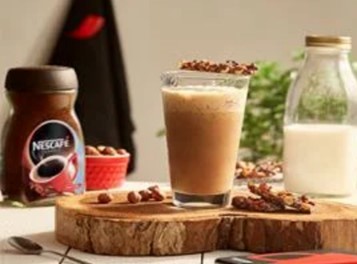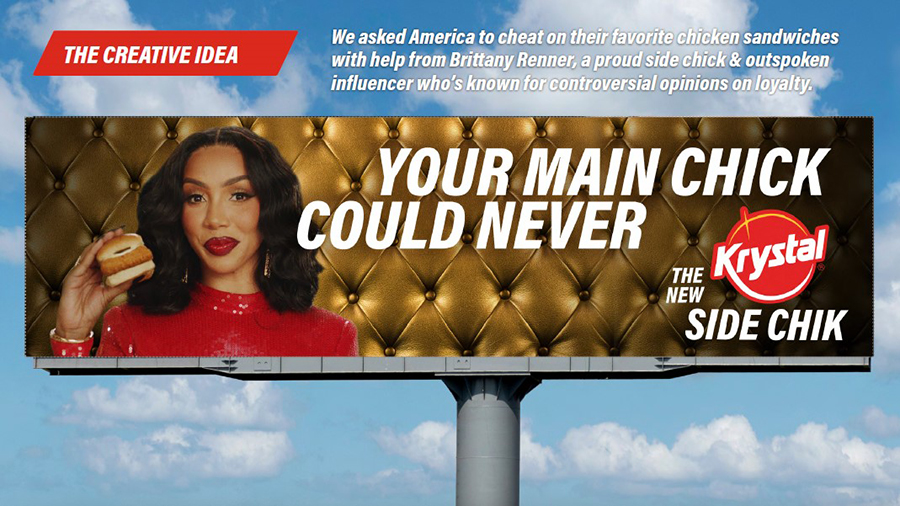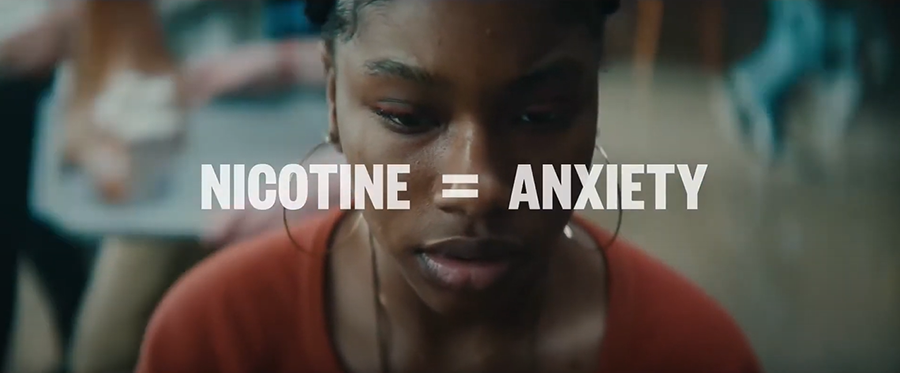WARC’s Genevieve Silk unpacks five winners of the 2023 Jay Chiat Awards that nudged consumers to rethink their habits and challenge their own persuasions.
It is said that first we form habits, then they form us. In fact, 40% of our daily actions are thought to be habits we unconsciously perform. Our habits dictate the items we buy, the media we consume and even the way we perceive the world. And when we break those habits, new possibilities present themselves.
Among this year’s winners of the Jay Chiat Awards were a handful of campaigns that challenged consumers’ habits and reframed their understanding of the world. Their respective successes in this endeavour ranged from convincing consumers to try new foods to defying Fox News and vaccinating the Permian Basin.
The perks of coffee
As humans we enjoy routine. Our habits bring us comfort and when the going gets tough we like to fall back on the familiar – be it listening to our favourite guilty pleasure song or brewing a comforting cup of tea. India, in particular, is a nation of tea lovers, with 60 cups of tea enjoyed for every cup of coffee. Unsurprisingly, this placed coffee brand Nescafé at something of a disadvantage. When drinking tea isn’t just a means of hydration, but the nation’s most common habit, Nescafé needed to find a way to disrupt India’s tea-drinking culture and nudge consumers towards coffee instead.
However, not all Indians drank tea. Many teenagers were yet to develop the ingrained habit of automatically turning to tea, thereby making them Nescafé’s ideal audience. There was but one minor problem: teenagers didn’t actually like coffee – they perceived it as too strong a beverage that would rob them of their sleep. So, Nescafé embraced these perceptions and redefined coffee as the perfect beverage to help teenagers keep up with the increased pace and pressure of teenage life. The campaign, through McCann New Delhi, made its way into 16 million households and earned Nescafé its highest ever penetration in tea strongholds.

It's not really cheating…
It’s not only in beverages that we seek familiarity and comfort but also in food. Chicken sandwiches are a much-loved fast food across the USA and burger brand Krystal was considerably late to the chicken party. With its infamous chicken sandwich launch, fast-food brand Popeye’s had already stolen the spotlight in 2019 by publicly challenging rival brand Chick-fil-A over the latter’s well-documented contempt for the LGBT+ community and, in doing so, awakened a hunger across the land for chicken sandwiches. Several years on, Krystal had reformulated its original chicken sandwich – The Chik – but needed to reignite the spark for chicken sandwiches in the USA.
The knowledge that Americans are always keen to try out a new chicken sandwich, despite already having a favourite, fuelled Krystal’s Side Chik campaign by Chemistry Communications. Krystal partnered with the controversial influencer and proud side chick Brittany Renner, who’s known for her unorthodox opinions on loyalty, and encouraged Americans to cheat on their favourite chicken sandwich with The Chik. Championed by Brittany’s endorsement, the campaign generated over 739 million impressions and tripled sales of the now-famous sandwich.

A business by any other name
Sometimes habits don’t just dissuade us from trying new things, they can also impede business. This is what accounting software brand QuickBooks discovered among Hispanic small business owners (SBOs) in the USA. Despite Hispanics being the go-getters of the nation, with more small businesses per capita than any other racial or ethnic group, they often have the ingrained habit of using pen and paper to manage their accounts and believe their businesses are too small to invest in technology like QuickBooks.
This lack of confidence runs so deep that even the business names downplay their own size, with names ending in the suffix -ito (meaning small) peppering any Hispanic neighbourhood. Through Alma DDB Florida, QuickBooks set out to convince Hispanic SBOs that just because their business is small doesn’t mean they can’t think big. By partnering with beloved soccer superstar Chicharito (whose name means “little pea”) QuickBooks proved that no matter how small your name may be, you can still achieve big things with the right support. The bookkeeping brand called on Hispanic SBOs to Think Ote (meaning big) rather than ito, with many business owners adapting their business name to reflect their ambition. The campaign resonated so strongly with Hispanic SBOs that QuickBooks increased its number of Latino users by 96%.

As if just being a teenager weren’t bad enough
Reframing perceptions doesn’t only save businesses; it also saves lives. While much is known about the harm caused by smoking cigarettes, the dangers of vaping are much less well documented, with many believing that it’s solely the tobacco that causes problems and not the nicotine. But this is not the case. Nicotine alters the brain and can lead to anxiety, impulsivity, irritability and mood swings – all things that teenagers already struggle with. Yet the misconception that nicotine, while addictive, is not a threat led many parents to turn a blind eye to the dangers of teenage vaping.
The California Tobacco Control Program shattered this misconception by zeroing in on the fact that life is already tough for teenagers and that nicotine only makes it worse. Through Acento Advertising Los Angeles and Duncan Channon, the Program released a series of videos demonstrating how the emotional whirlwinds of teenage years are grossly exacerbated by nicotine, leaving teenagers struggling to feel in control of themselves. The Program effected real change with school board resolutions leading to city council discussions, and state legislature took up the issue in 2020. Today, flavoured vapes are prohibited in California and teenage vaping is less than half the national average.

Fighting social rejection
The ways in which we perceive the world and others are shaped by so many factors: our family, our community and our primary news sources, to name but a few. In the Permian Basin region of west Texas and New Mexico, these factors contributed to extreme scepticism regarding the COVID-19 vaccine and, in some counties, a death rate double the national average. While the people of this region feared the vaccine’s side effects, the Permian Strategic Partnership – a non-profit collective supporting communities – discovered that what they feared the most was the rejection they would face from their families and communities if they got the vaccine.
With its campaign Attack the Virus, Not the Vaccinated, by Edelman, the Partnership reframed Permian perceptions to redirect their animosity towards the virus, rather than those who sought to immunise themselves against it. Creatives featuring bold community members’ vaccination stories were aired on conservative news channels, like Fox News, and all communications directed people to a vaccine information hub. The campaign successfully shifted perceptions of the vaccine in the region, with 39,000 more people receiving the jab.
Just go for it!
Making or breaking habits takes time – more time than the frequently cited 21 days. But all habits start somewhere and the most important factor influencing whether or not you’ll stick with your new habit is your motivation. Perhaps the best time to quit nicotine, get vaccinated, or even try a new food was several years ago, but the second-best time is today!

